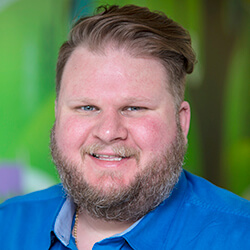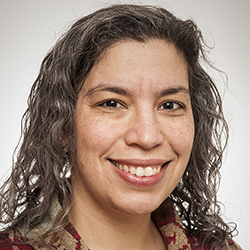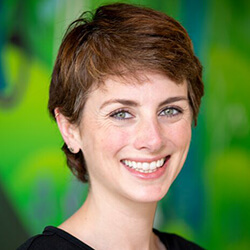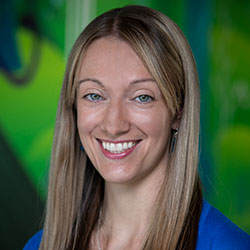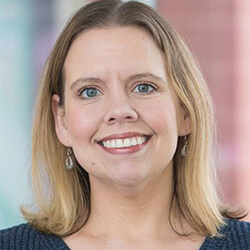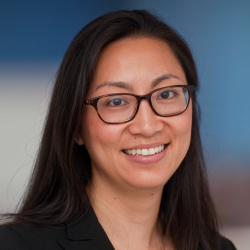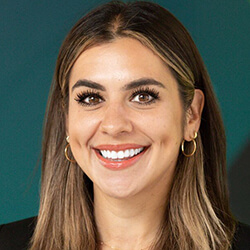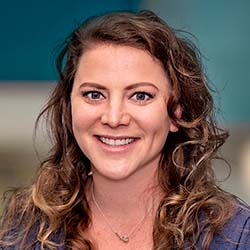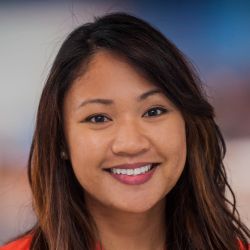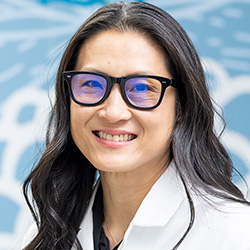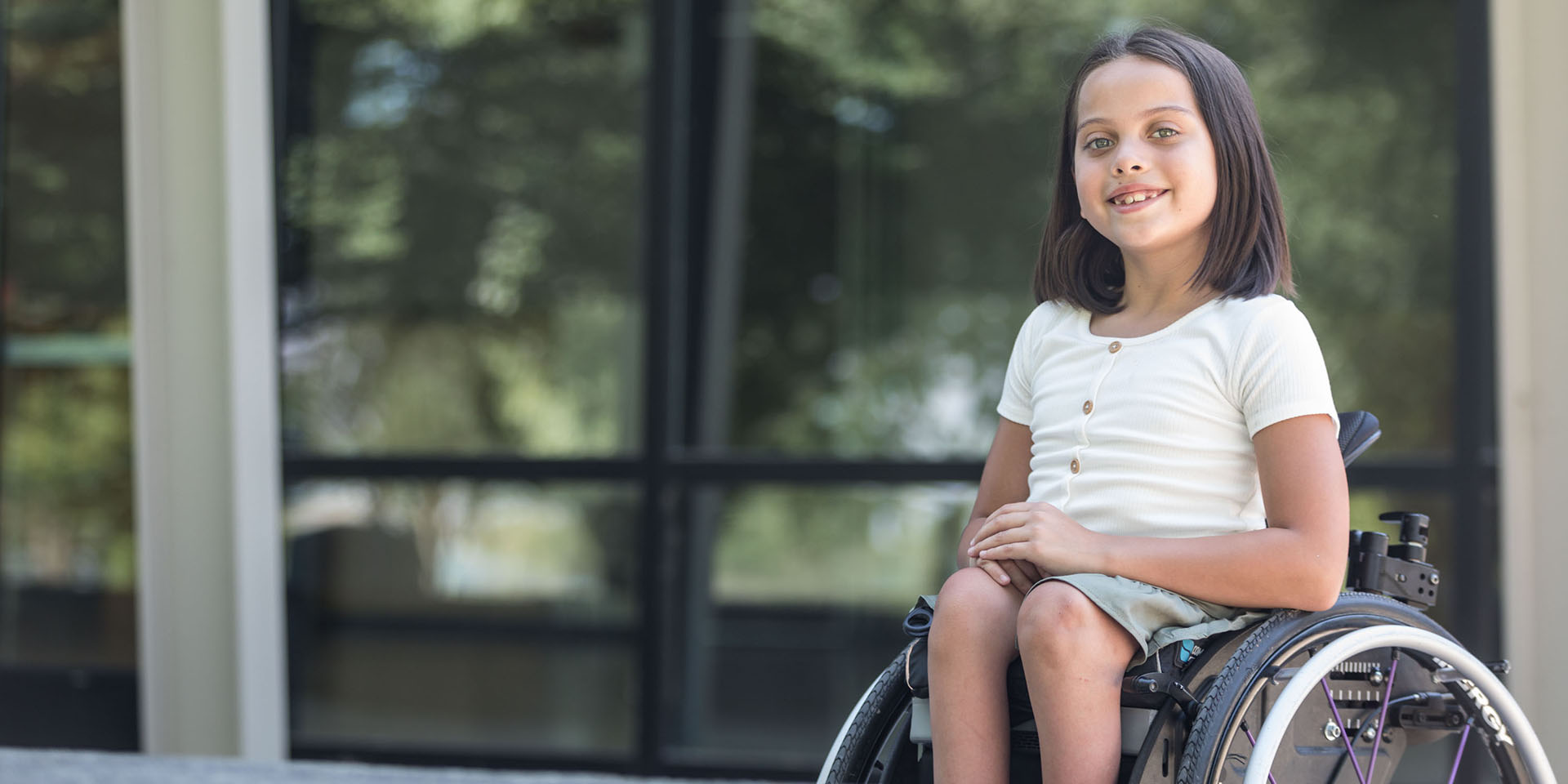
Spina Bifida Program
Contact the Spina Bifida Program
Expert medical and developmental care for children with spina bifida
Our Spina Bifida Program cares for children born with spina bifida and other neural tube defects from birth through 21 years. Our team tailors care to your child, with experts in developmental pediatrics, neurosurgery, nutrition, orthopedics, rehabilitation medicine, urology and social work.
Seattle Children’s has been named a Clinic Care Partner by the Spina Bifida Association (SBA), the national leader in providing research, education, clinical care and advocacy to all those affected by spina bifida. Our Spina Bifida Program is one of the largest in the nation and the only one in our region (Washington, Alaska, Montana and Idaho).
Out of all the priceless gifts our care teams have given us, there’s one that sustains us: the simple belief that our son has boundless potential.
— Whitney Stohr, mom of Malachi, who was diagnosed with myelomeningocele during pregnancy. Today, he’s thriving.
Read Malachi's story.
Conditions We Treat
Spina bifida (SB) happens when the neural tube, which includes the brain and spine of the embryo, does not close before birth. This is called a neural tube defect. It happens during the first month of pregnancy, often before the mother knows she is pregnant.
There are many forms of neural tube defects, and they vary greatly in their severity. Some, such as , cause few, if any, problems. The most severe form, myelomeningocele, often causes loss of muscle use (paralysis) in the leg, bowel and bladder, along with learning disabilities.
- Caudal regression syndrome (sacral agenesis)
- Diastematomyelia
- Lipomyelomeningocele
- Meningocele
- Myelomeningocele
- Myeloschisis
- Myelocystocele
- Tethered spinal cord, a common complication of spina bifida
What’s special about the Spina Bifida Program at Seattle Children’s?
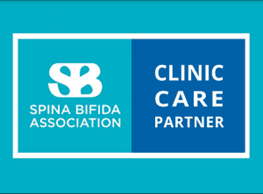
Our clinic is part of Seattle Children’s Neurodevelopmental Program. We treat your whole child, not just their medical needs.
Our team will be with your family on this journey to help at each visit and prepare for the future. As an SBA Clinic Care Partner, we follow best practices and provide comprehensive care so that people with SB have fulfilling lives with the best possible outcomes. Our Spina Bifida team customizes care for your child and family.
U.S. News & World Report ranks Seattle Children’s as one of the best pediatric hospitals in the country, year after year. We hold clinics twice a month at Seattle Children’s hospital campus and provide many services at our clinics in Bellevue and Federal Way.
Expert care starting before birth
- If your baby’s spina bifida is detected during pregnancy, care starts before birth at our Fetal Center.
- Our Fetal Center care team will work with your birth hospital to plan for a safe delivery and the special care your baby will need at birth. We’ll arrange your baby’s safe transfer to Seattle Children’s after they are born. We have a Level IV Neonatal Intensive Care Unit (NICU), the highest level of care.
- Surgery to repair the defect in your baby’s spinal cord is just the first step in their treatment. Your child’s healthcare teams will assess all your child’s needs.
Care for your whole child
- Having Developmental Pediatrics as the home for our program helps us attend to your child’s overall development. This includes their progress at school, attention to their mental health and treatment for developmental conditions that affect some children, such as autism spectrum disorder, and ADHD.
- Our doctors, nurses and nurse practitioners have special training in child development and disability. We have experience in treating and communicating with children of all ages and abilities.
- To care for your whole child, we combine the knowledge and skills of experts in Neurodevelopment, Neurosurgery, Nutrition, Orthopedics, Rehabilitation Medicine, Urology, Gastroenterology, Reconstructive Pelvic Medicine, Surgery, Orthotics and Social Work.
- Each child is different, and their needs change as they grow and develop. We work closely with your family from your child’s early years until they are a young adult.
- As they reach adulthood, we help your child transition to a provider who cares for adult patients.
Team approach for coordinated care
- Specialists from many areas of Seattle Children’s will work as a team to care for your child. We coordinate with each other to provide the right care at the right time — to help your child thrive at home, at school and in your community.
- Our dedicated spina bifida care coordinator helps ease your child’s care management: scheduling SB-related appointments, informing you of next steps, connecting you with resources for your family and working with therapists and schools in your community.
- During visits at our hospital campus in Seattle, your child will see the specialists they need in one place on the same day, and those experts will work together to plan your child’s care. Families can get some of their care at Seattle Children’s clinics in Bellevue and Federal Way.
Research and clinical trials to improve outcomes
- Our patients have the option to take part in research studies () to improve care and quality of life for people with spina bifida.
- Seattle Children’s is part of a nationwide study (UMPIRE) to evaluate the best ways to manage bladder and kidney issues for newborns and young children with spina bifida.
Leadership
-
Spina Bifida Program Co-Director
-
Elizabeth Aulani Kaukl, ARNP, DNP, CPNP-PC
Spina Bifida Program Co-Director
Teams
Neurodevelopmental
Urology
Let’s Get You Where You Need to Be
Prenatal care
- If you are pregnant and would like an appointment, ask your provider for a referral to our Fetal Center.
- If you have a referral, contact us for an appointment.
- Providers: Refer a patient to the Fetal Center.
Spina bifida care during childhood
- For care as your child grows, ask your primary care provider to refer you to our Neurodevelopmental Program, which includes the Spina Bifida Program.
- If you have a referral, call 206-987-2210.
- Providers: Refer a patient for Neurodevelopmental care.
Getting Care at Our Spina Bifida Program
Many children and families travel to Seattle Children’s for spina bifida treatment and follow-up care.
You can stay focused on your child while we help coordinate transportation and housing.
We have lots of experience helping families make the transition back home safely.

